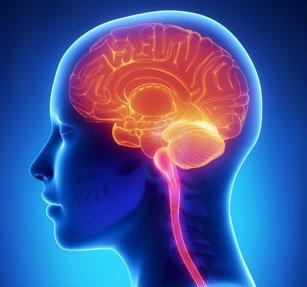Neurology is a branch of medicine dealing with disorders of the nervous system. Neurology deals with the diagnosis and treatment of all categories of conditions and disease involving the central and peripheral nervous systems, including their coverings, blood vessels, and all effector tissue, such as muscle.
During a neurological examination, the neurologist reviews the patient’s health history with special attention to the current condition. The patient then takes a neurological exam. Typically, the exam tests mental status, function of the cranial nerves (including vision), strength, coordination, reflexes, and sensation. This information helps the neurologist determine whether the problem exists in the nervous system and the clinical localization.

What is a neurologist?
A neurologist is a medical doctor who specializes in treating diseases of the nervous system.
Illnesses, disorders, and injuries that involve the nervous system often require a neurologist’s management and treatment.
What does a neurologist do?
Neurologists manage and treat neurological conditions, or problems with the nervous system. Symptoms that commonly require a neurologist include:
- Coordination problems
- Muscle weakness
- A change in sensation
- Confusion
- Dizziness



